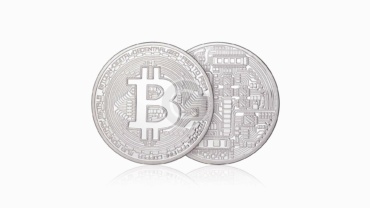
Blockchain: Bitcoin transactions are recorded in a public ledger known as the blockchain. Una cadena de bloques is a distributed database maintained by a network of computers or nodes that verify and record collectively all transactions. Each block in a chain of blocks contains a high volume of transactions, and such blocks are chained in chronological order to form a chain.
Transactions: In the event that a user sends Bitcoin to a third party, it broadcasts a transaction into the network. Such a transaction would include the addresses of both the sender and the receiver (these are actually cryptographic identifiers), the amount of Bitcoin transferred, and other relevant information.
Validation: Nodes in the network validate whether a transaction is valid by ensuring that the sender has sufficient funds and whether the transaction does not go against the laid down laws of the Bitcoin protocol. All this happens through the aid of different cryptographical techniques and various consensus mechanisms to maintain integrity in the network.
Mining: Las transacciones se agrupan en bloques y los mineros compiten para resolver complejos acertijos matemáticos para verificar estos bloques. Minería es el proceso con el cual bitcoins nuevos son creados y las transacciones en la red son confirmadas. Miners make use of specialized computer hardware together with software in order to execute the calculations, and the first miner to correctly solve the puzzle that verifies the block wins the prize, which is, in form of freshly minted bitcoins, and some transaction fees.
Consensus: Once a miner confirms a block, it is added to the blockchain and becomes part of the permanent record of all transactions. Then, other nodes on that network verify a newly added block, thus establishing consensus when most of the nodes agree that a block is valid. This type of decentralized consensus mechanism provides guarantees for security and immutability across a blockchain.
Decentralization and security: Since Bitcoin is totally decentralized, that is, no one entity controls the network. The decentralization characteristic makes it very hard for any party to manipulate the system or compromise its integrity, which, therefore increases security. Besides, use of cryptographic techniques such as public-private key cryptography guarantees the privacy and security of Bitcoin transactions.



